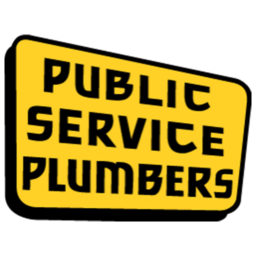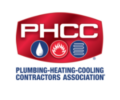If you are building a new home, you have a variety of options for generating hot water. Likewise, if you need to replace a malfunctioning or ineffective water heater, there are a number of considerations. This blog post identifies the different types of residential water heaters, with some of the advantages and disadvantages.
At Public Service Plumbers, we have set the standard of excellence for reliability and customer service for more than 50 years. We make our services available throughout the Dallas-Fort Worth area. Call us at (214) 753-4633 to schedule a service visit, or to learn about the most effective ways to heat and cool your home.
When Selecting a Residential Water Heater
There are a variety of ways that you can generate hot water for your home, including natural gas, propane, electric powered units:
• Natural gas—Natural gas water heaters are easy to install and customarily cost about half as much to operate as propane water heaters, and about one-third as much as electric units. Natural gas will heat water quickly, so that you replenish your supply of hot water in a relatively short time period. Consequently, you don’t need a large storage tank to have an adequate supply of hot water. You may even be able to use a tankless water heater. Natural gas can be piped directly into your home in most municipalities, so you don’t have to worry about storing gas in a tank on your property, or accidentally allowing the tank to run empty. Natural gas also has a long history of safe and reliable delivery of energy.
• Propane gas—If you live in a rural area, natural gas may not be an option. Propane gas offers many of the advantages of natural gas—it is clean, has a fast recovery time, and is generally safe. However, propane is more expensive than natural gas. You will need to have a tank on your property and will likely pay a rental fee for the tank. You can also run the risk that you will run out of gas.
• Electric—Though electric water heaters are more expensive to operate than gas units, they can also be an option in rural areas where there is no access to natural gas. Unlike propane, you don’t have to store energy (gas) on your property, and don’t have the risk that you will run out of energy, unless you lose power. Electric units also have much slower recovery times, so require larger storage tanks.
Call Us Now
For service, or if you just have questions about a heating or cooling system, call us at (214) 753-4633. We are available to take your call 24 hours a day, seven days a week—whenever you need our help. Because we have a large service fleet, we can often address warranty and service issues the same day. We also offer a one year warranty on all parts and labor.






